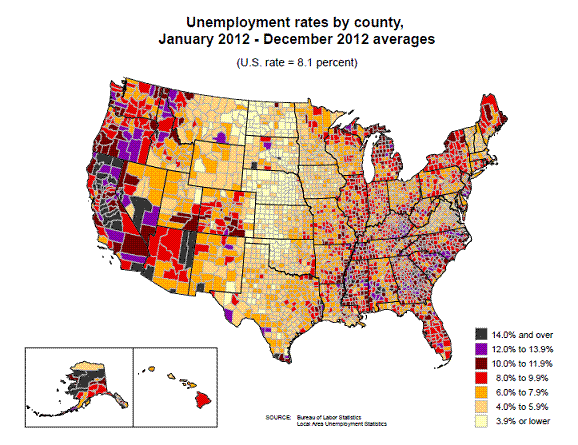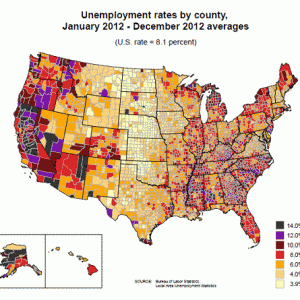This post is written to as an answer to Liberal commentator Nima Sanandaji ‘Sweden’s entry-level wages are too high’ post at thelocal.se. He claims that,bringing Sweden’s wage scale in line with other rich EU countries could boost employment opportunities.
As far as I see, Nima Sanandaji had interesting pre-assumptions and was very quick jump to conclusion. Author assumed every data in the report correct, without having a critical thought. As he explicitly states, he has a liberal view and everything that supports his view passes his filters, therefore he makes assumptions that researchers themselves still haven’t concluded in that way. I could not stop myself to write this post, since I do not think it is fair to leave thelocal readers with only one-sided view.
First problem is actually the resource. A report written by economist at the Confederation of Swedish Enterprise, is not an independent research. Therefore, as a researcher, I have to be very critical what is written there.
Second, Nima Sanandaji’s first assumption is ‘Experienced workers are typically more productive than new ones’. I do not want to enter long list of academic theories to dispute this assumption but basically ‘it depends’ on the job, it depends on task, it depends on the sector. I can ask you few questions to make it clearer:
Can experienced worker be more productive when company decided to use IPAD to get orders but not emails? Which one is more productive at a media company? Digitally born generation who are capable of using internet, social media are faster than 50 years old experienced workers, so who would be more productive?
Third, authors second assumption is: ‘Like many other commodities, when the price and demand of new jobs do not match, problems are created on the marketplace.’
Unfortunately, it is not that basic to have a conclusion about it. Economics has shifted using price and demand curve to explain complex situations, long years ago. Job market cannot be explained with only the very basic rule of economics that first year economy students learn. May be, it is better to give an example where the liberal economy is widely promoted and experienced, which is USA. I would like to share with you one study of James D. Hamilton, who is Professor of Economics at the University of California, San Diego ( he and Menzie Chinn, who is Professor of Public Affairs and Economics at the University of Wisconsin, Madison run a website which is called econbrowser.com). Hamilton studied relation between unemployment and minimum wage. Based on initial data, for example, California currently had one of the highest minimum wages ($8.00/hour) and one of the highest unemployment rates (9.8%) in the USA based on Minimum wage (in dollars per hour) by state as of Jan 1, 2013. (Data source: National Conference of State Legislatures.)
However, when researcher went deep into the data, this conclusion was not a general relation across states in America. Some states that did not have any minimum wage requirement had unemployment rates that were still above the national average based on Unemployment rate (in percent) by state as of Dec 2012. (Data source: BLS.)
A regression of the unemployment rate on a constant and the minimum wage has an R2 of only 0.002. Which means that, unemployment and minimum wage relationship is not quantity and price relationship and based on results there is no correlation. Researcher preferred not to use bold statements, as oppose to Nima Sanandaji, and stated that it is not easy to to assess the effect of changing the minimum wage on the unemployment rate. The reason is that, there are important differences in a variety of characteristics across states that led some states to choose a higher minimum wage than others. Those differences that cannot be evaluated and assessed in a single study themselves and there might exist other important effects on the unemployment rate that do not come from the minimum wage itself. But the one thing that we can safely concluded from the study is that any relation between the minimum wage and the unemployment rate certainly isn’t obvious in these data.
You can say that, I have only used data from USA (where we assume it is liberal) but what about EU? I have stumbled upon a study done by Nigel Meager and Stefan Speckesser in 2011′ from Institute for Employment Studies, United Kingdom at their report with title ” Wages, productivity and employment: A review of theory and international data” as European Employment Observatory Thematic expert ad-hoc paper, their conclusion was drawn from the available data, with regards to wage moderation as a successful policy to increase employment were limited.
Bottom line is, what ever resource, report, data you use, young unemployment cannot be solved by attaching it to only one parameter out of hundreds of other parameters in today’s complex world.

